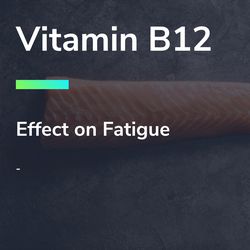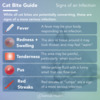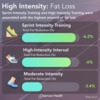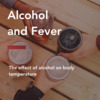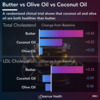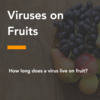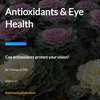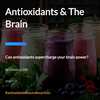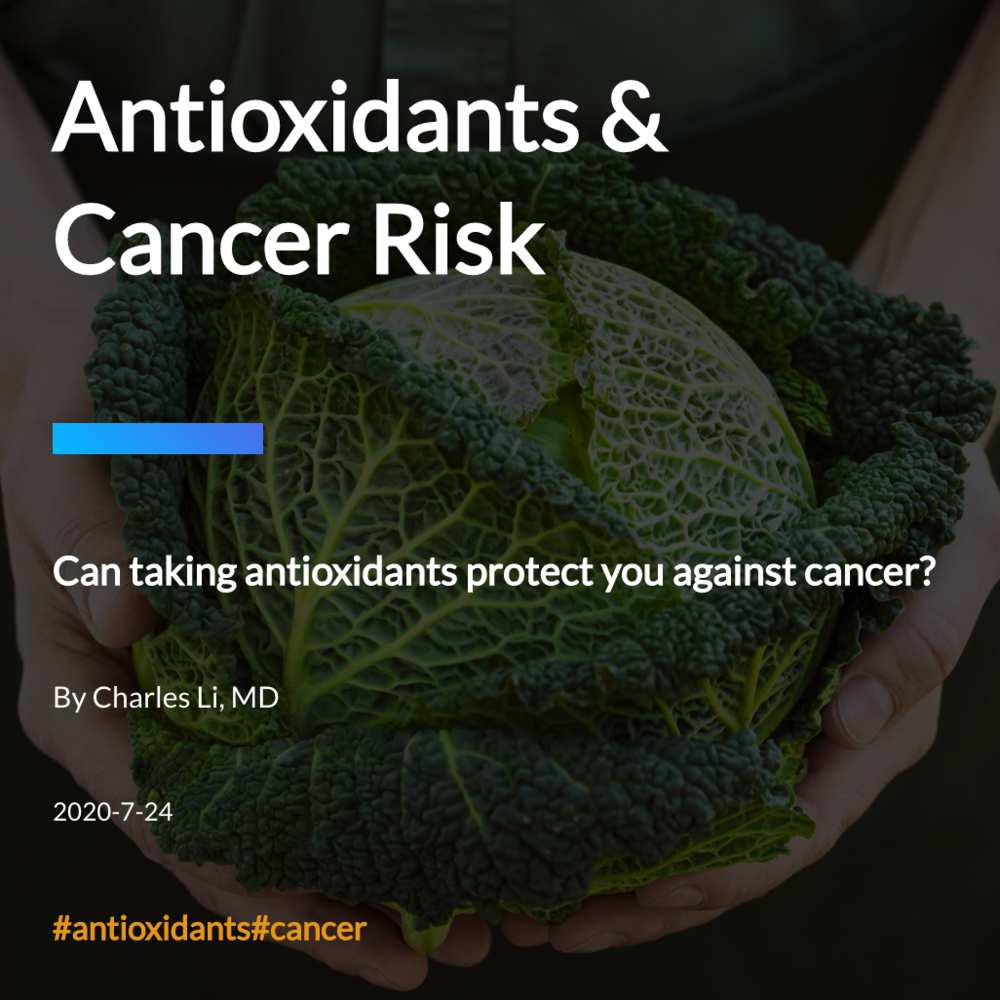
TL;DR

Benefits of antioxidants
Certain antioxidants have been shown to reduce cancer risk, particularly when provided to individuals who are lacking nutrients.

Antioxidants & Gender
However, this effect has for the most part only been seen in men. Women in these studies did not have significant reductions in cancer risk with antioxidants.

More research is needed
At this point, we don't know which antioxidant nutrients help and which ones hurt. Some, such as beta-carotene, can actually increase your risk of cancer as shown below.
Background
Key Facts
Examples

How they work
Antioxidants prevent cell damage by counteracting free radicals.

Effect on Disease
Research on Antioxidants and disease prevention has shown mixed results.
Common Sources

Chocolate

Berries & Fruit

Coffee

beta-carotene
Your body makes vitamin A with beta-carotene, commonly found in carrots.

Vitamin C
Found in all sorts of fruits, Vitamin C is a very commonly consumed antioxidant.

Vitamin E
Vitamin E can be found in nuts and seeds.

Study 1
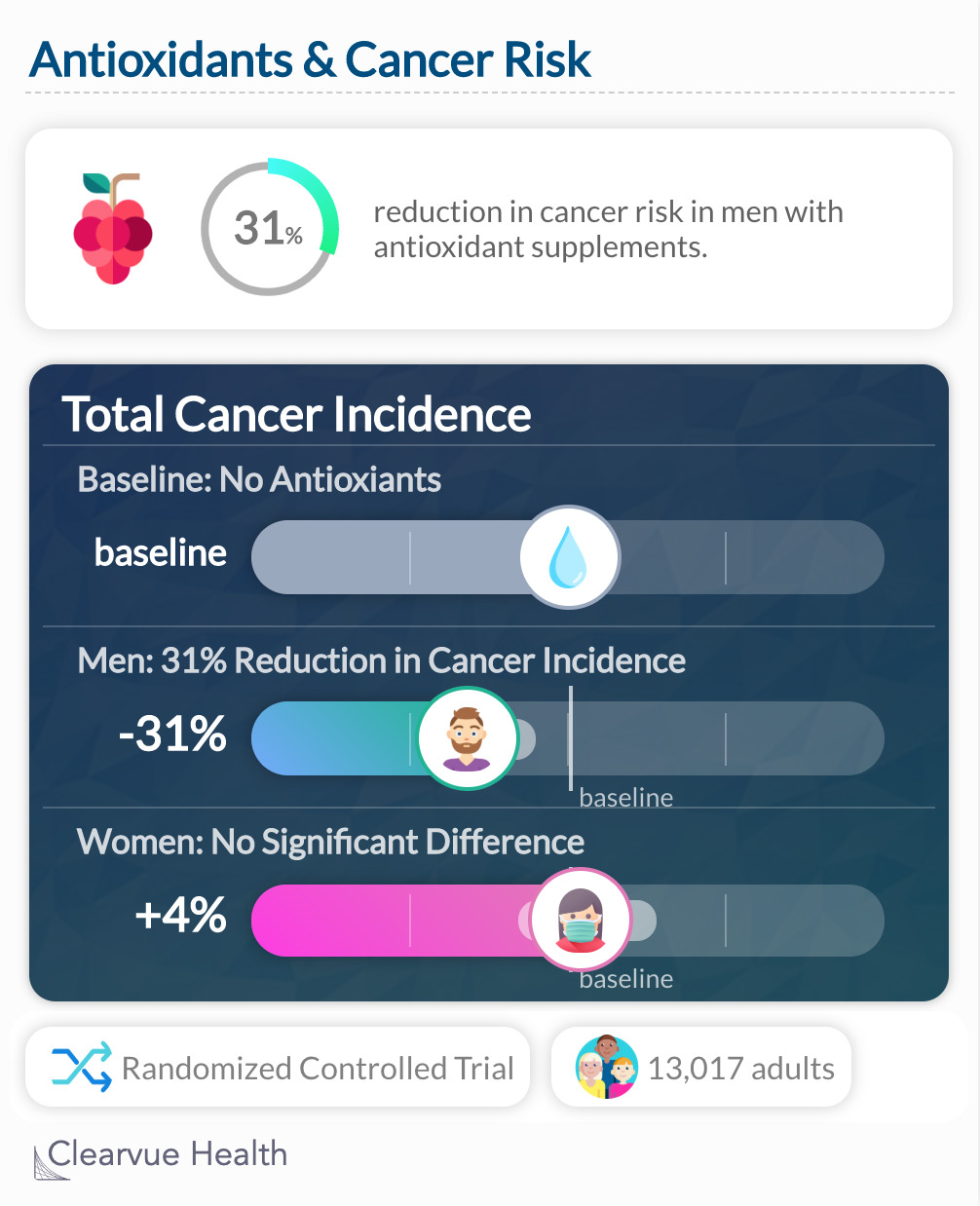
A study in France found that a combination of antioxidants, including selenium, zinc, vitamin E, Vitamin A, and Vitamin C, may potentially reduce risk of cancer, but only in men. Women were showed no reduction in their risk of cancer by taking antioxidants. This result was statistically significant: "However, a significant interaction between sex and group effects on cancer incidence was found (P = .004). Sex-stratified analysis showed a protective effect of antioxidants in men (relative risk, 0.69 [95% confidence interval [CI], 0.53-0.91]) but not in women (relative risk, 1.04 [95% CI, 0.85-1.29])."

Our Take
This study showed an interesting reduction in cancer risk among men, however this did not translate into an overall lower risk of cancer. Additionally, since they were given a combination of different nutrients, it's impossible to tell which antioxidant had the strongest effect.
Data Source
"After 7.5 years, low-dose antioxidant supplementation lowered total cancer incidence and all-cause mortality in men but not in women. Supplementation may be effective in men only because of their lower baseline status of certain antioxidants, especially of beta carotene."
Study 2
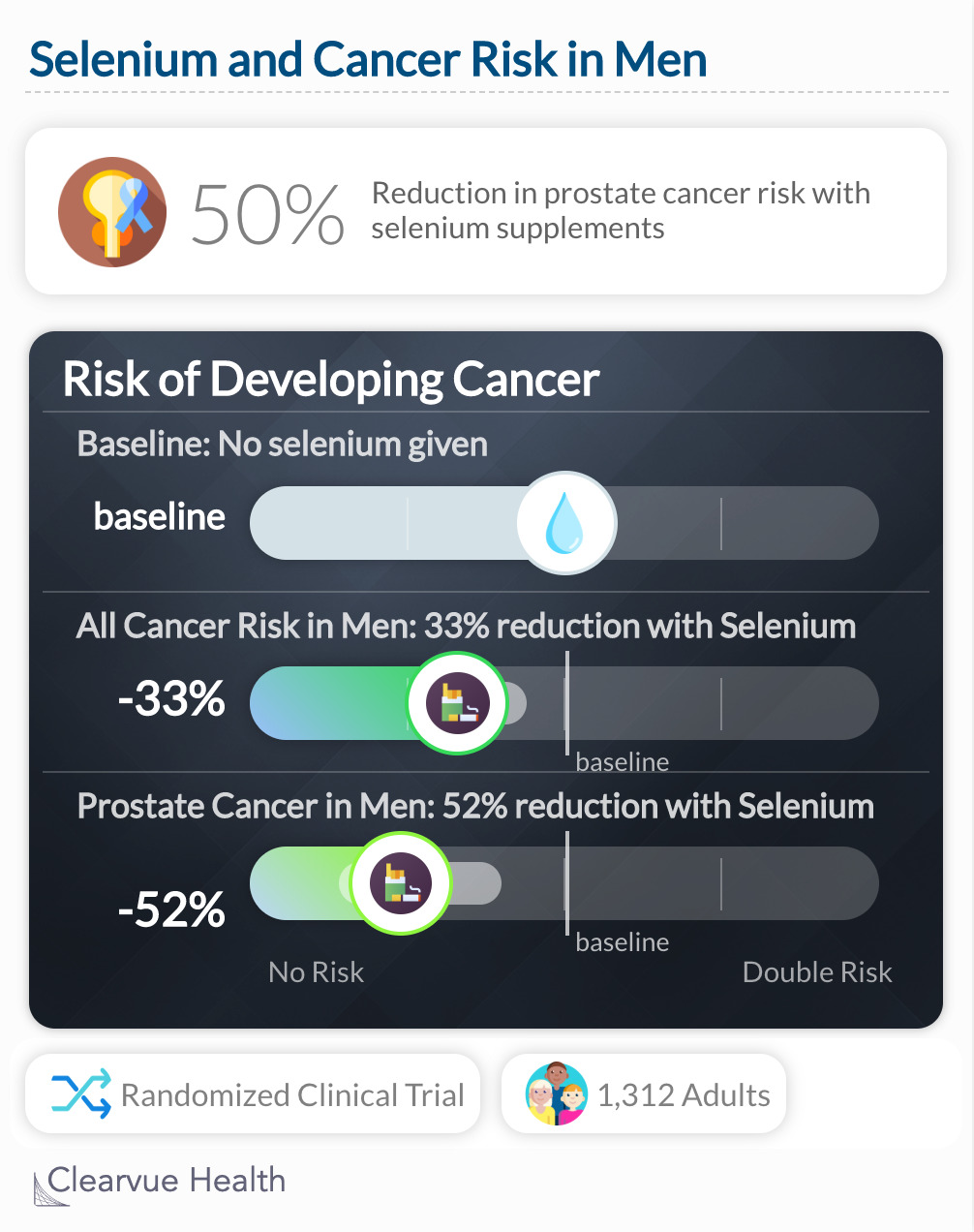
The chart above shows that selenium supplements may reduce cancer risk in men. Men who took selenium showed a reduction in cancer risk: HR = 0.67, 95% CI = 0.50–0.89. This was particularly pronounced in prostate cancer risk: HR = 0.48, 95% CI = 0.28–0.80

Our Take
This study shows that selenium may help men, particularly former smokers. As with many nutrients, they only show benefits when given to those who lack them. Further research is needed however before we know for sure.
Data Source
"The Nutritional Prevention of Cancer trial continues to show a protective effect of selenium on cancer incidence, although not all site-specific cancers exhibited a reduction in incidence. This treatment effect was restricted to males and to those with lower baseline plasma selenium concentrations."
Study 3
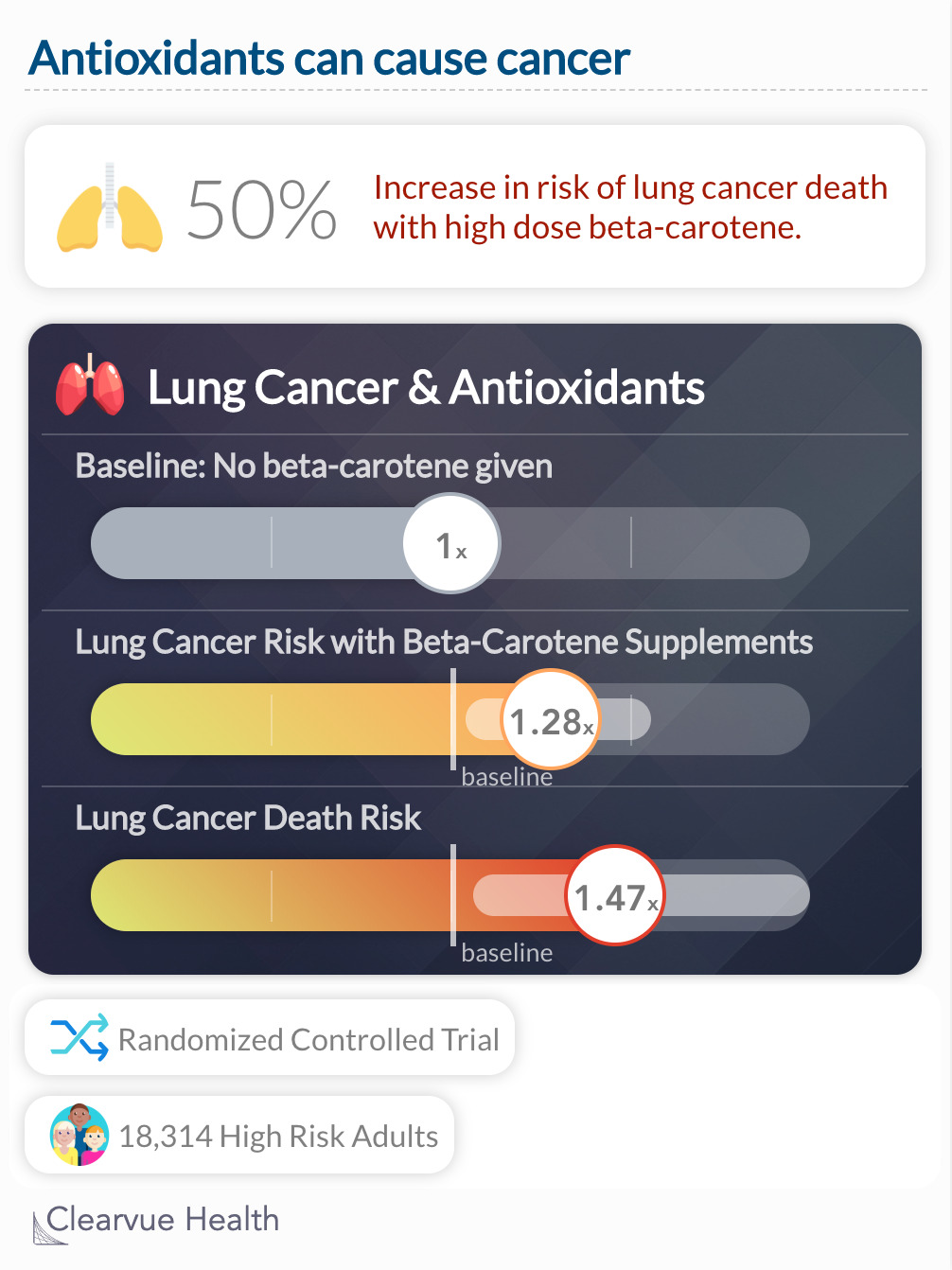
Antioxidants may increase cancer risk when taken in very high doses. A study that gave smokers and former smokers high doses of beta-carotene had to be stopped early because they found that those given the treatment were much more likely to develop lung cancer. (1.28x, 95CI = 1.04-1.57).

Our Take
This clinical trial shows that giving very high doses of antioxidants may not help. In fact, it can potentially increase your risk of cancer.
Data Source
"After an average of four years of supplementation, the combination of beta carotene and vitamin A had no benefit and may have had an adverse effect on the incidence of lung cancer and on the risk of death from lung cancer, cardiovascular disease, and any cause in smokers and workers exposed to asbestos."
Key Takeaway

Antioxidants & Cancer
Antioxidants may have some effect on cancer, but the data is mixed. Taking nutrients when you lack them is in general a good thing, as shown by the benefits of supplements for those who have low levels. However, taking very high doses can be dangerous.
More Information



Background Information

#cancer
Scroll for more ->
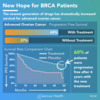
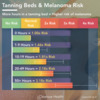
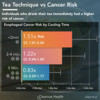
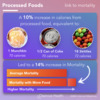
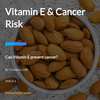
#antioxidants
Scroll for more ->
#new
Scroll for more ->
